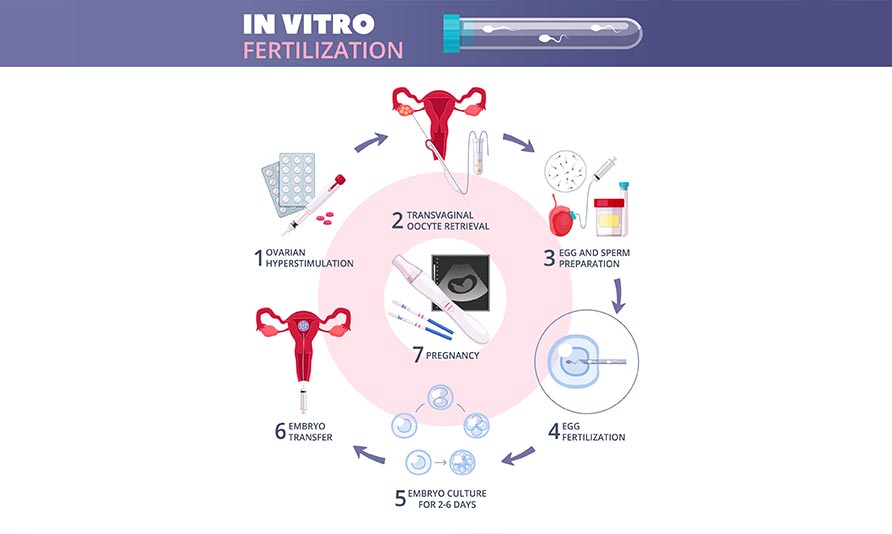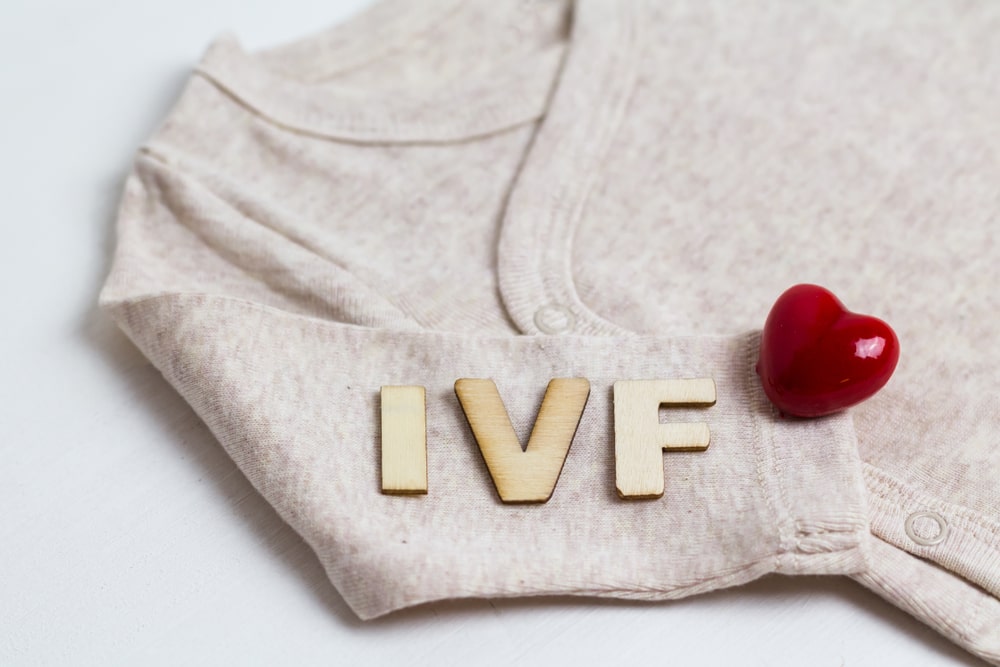Are you picturing your future family but don’t have the resources right now to make that happen? Are you thinking about fertility preservation with your partner? In that case, you should have a clear picture of what it entails. Firstly, what is fertility preservation? This is the process of saving or protecting eggs, sperm, or reproductive tissue so that a person can use them to have biological children in the future.
Why do people choose Fertility Preservation?
Highly effective fertility preservation methods are now available to cancer patients who hope to conceive in the future, along with women who have put off starting a family due to later in life partnering or pursuing a demanding career.
When should I consult my doctor about fertility preservation?
Patients should consult with their doctor about fertility preservation as soon as it becomes clear that their treatment plan may include certain risk factors. This holds true for both men and women. Fertility treatments take time and planning, and treatment may need to be coordinated with other medical teams.
But, what are the risk factors I should be aware of when considering fertility preservation?
- Chemotherapy: Reproductive organs, particularly the ovaries, are extremely sensitive to chemotherapy.
- Radiation therapy may have an effect on fertility if the radiation site is close to reproductive organs. Total body irradiation in preparation for bone marrow transplants has also been linked to decreased fertility.
- Surgery: Removing reproductive organs surgically may make it difficult or impossible for men and women to have children.
- Late childbearing: It is becoming more common in this day and age for first births to occur after the age of 35. Many people consider fertility preservation in
- Autoimmune diseases: Diseases such as rheumatoid arthritis, can impair fertility in both men and women.
Men’s Fertility Preservation Options
Semen preservation is critical for men who have cancer and will be treated with radiation and chemotherapy. After consulting with an IVF specialist, it is recommended that they preserve their sperm prior to undergoing these treatments. Male fertility preservation options include storing sperm for the future. Slow freezing and vitrification are the two methods for preserving sperm.
Women’s Fertility Preservation Options
There are numerous options for preserving female fertility. Women’s fertility preservation options include egg stimulation, extraction, and freezing. These eggs can be frozen for several years before being fertilized to create embryos. The embryos can then be transferred to the uterus to become pregnant.
Millions of women who were previously unable to conceive can now become mothers thanks to advances in medical technology. However, many couples want to reach a certain point in their lives before starting a family. Every couple hopes to have a child someday, but with increasing age and a changing lifestyle, conceiving later in life becomes more difficult. This technology is available to all such couples who want to have children but cannot do so immediately after their marriage.












